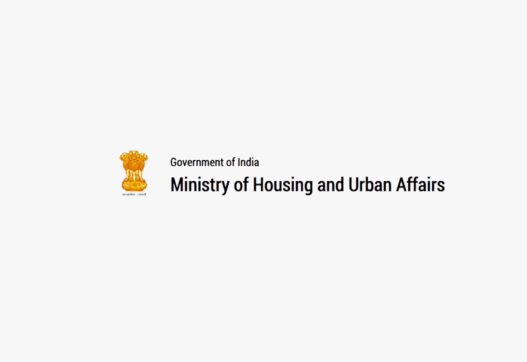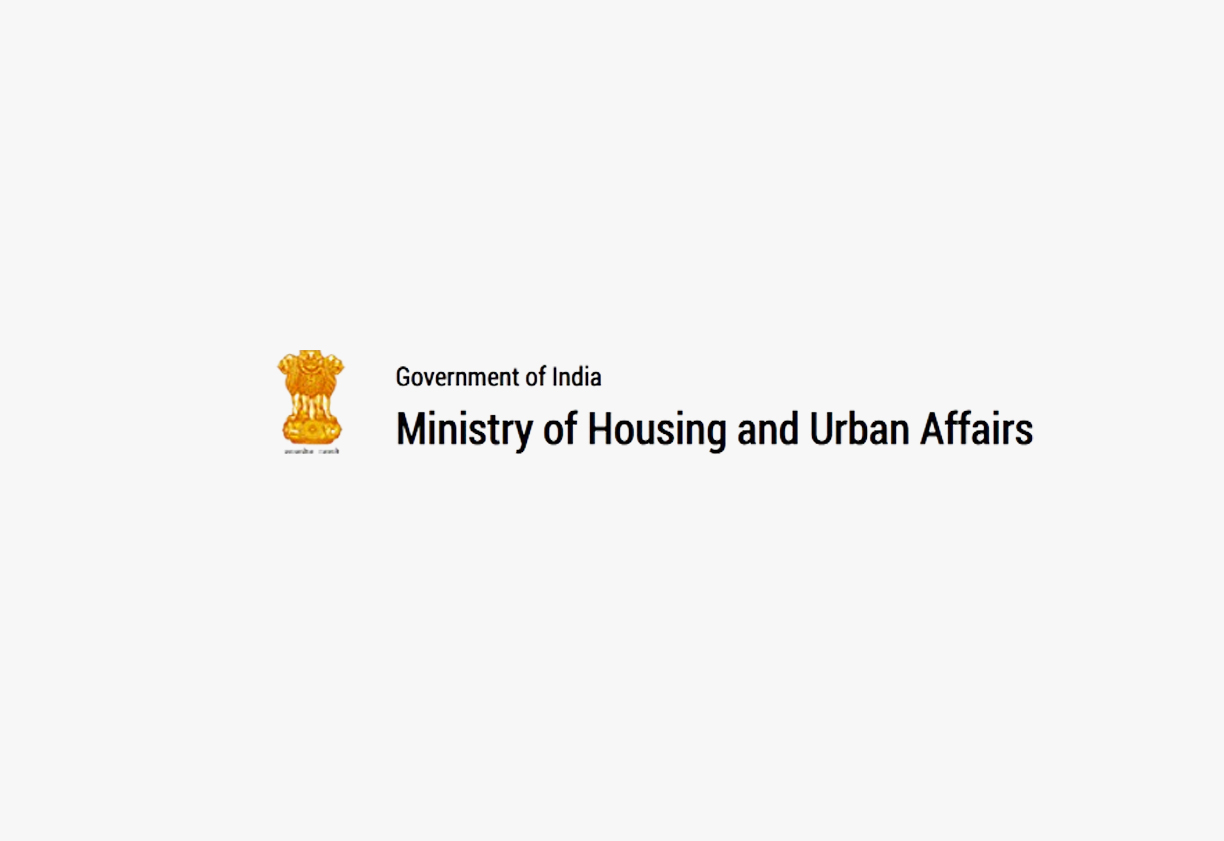Ministry of Housing and Urban Affairs
The Metro Railways (Operation and Maintenance) Act, 2002, provides a legal framework for the operation and maintenance of metro railways in India, ensuring passenger safety, efficient service, and proper management of these systems.
1: Act Background and Ministry Under Which This Act Is:
The Metro Railways (Operation and Maintenance) Act, 2002, was enacted to provide for the operation and maintenance and to regulate the working of metro railways in the National Capital Region, metropolitan city, and metropolitan area. This act aimed to ensure the safe and efficient operation of metro railway systems, which are crucial for urban transportation. The act falls under the administrative purview of the Ministry of Railways, which oversees the development and regulation of railway infrastructure in India. The ministry plays a vital role in ensuring the safe and efficient operation of metro railway systems.
2: Enactment Date, Number of Chapters, Number of Sections:
The Metro Railways (Operation and Maintenance) Act, 2002, was enacted on 17th December, 2002, and is known as Act No. 60 of 2002. The act is structured into twelve chapters. It comprises 105 sections, covering various aspects such as definitions, metro railway administration, functions and powers, commissioner of metro railway safety, opening of metro railway, working of the metro railway, fare fixation, accidents, claims commissioner, liability for accidents, offenses and penalties, and miscellaneous provisions. The act has been amended over time to reflect changing requirements.
3: Act Governed By:
The Metro Railways (Operation and Maintenance) Act is governed by the Central Government, which has the power to make rules and regulations under the Act. The act also provides for the appointment of a General Manager to oversee the metro railway administration and a Commissioner of Metro Railway Safety to ensure safety. The act is governed by the provisions outlined within it, as well as rules and regulations framed by the Central government. It is therefore a combination of central authority with a judicial process.
4: On Whom It Is Applicable:
The provisions of The Metro Railways Act are applicable to the Central Government, metro railway administrations, commissioners, claims commissioners, and all persons and entities involved in the operation, maintenance, and use of metro railways in India. The act ensures that all such entities and individuals adhere to the regulations outlined, as well as the Act’s mandate and guiding principles. The general public, especially metro passengers, are direct beneficiaries of the Act’s provisions. The act’s focus is to ensure the safe and efficient operation of metro systems.
5: Penalties/Punishments:
The act prescribes various penalties for non-compliance and offenses, including:
-
Drunkenness or Nuisance: Being drunk or committing a nuisance in a metro railway can lead to fines.
-
Offensive Material: Taking offensive material into a metro railway attracts fines or imprisonment.
-
Unauthorized Travel: Traveling without a valid ticket can lead to fines or imprisonment.
-
Obstruction: Obstructing a metro railway official in the execution of their duties attracts imprisonment or fines. The act emphasizes compliance through penalties.
6: Important Pointers:
-
Metro Railway Administration: The act provides for the establishment of a metro railway administration.
-
Safety Commissioner: It outlines the powers and duties of the Commissioner of Metro Railway Safety.
-
Opening of Metro Railway: It regulates the opening of metro railways to the public.
-
Fare Fixation: It provides for the constitution of a Fare Fixation Committee to recommend fares.
-
Accident Procedures: It outlines the procedures for handling accidents and inquiries.
-
Claims Commissioner: It establishes the office of a Claims Commissioner to adjudicate compensation claims.
-
Rule-Making Power: It empowers the Central Government to make rules for carrying out the purposes of the act.
-
Liability for Accidents: It defines the liability of the metro railway administration in case of accidents. The act provides a comprehensive framework for regulating metro operations.
7: Act Copy:




